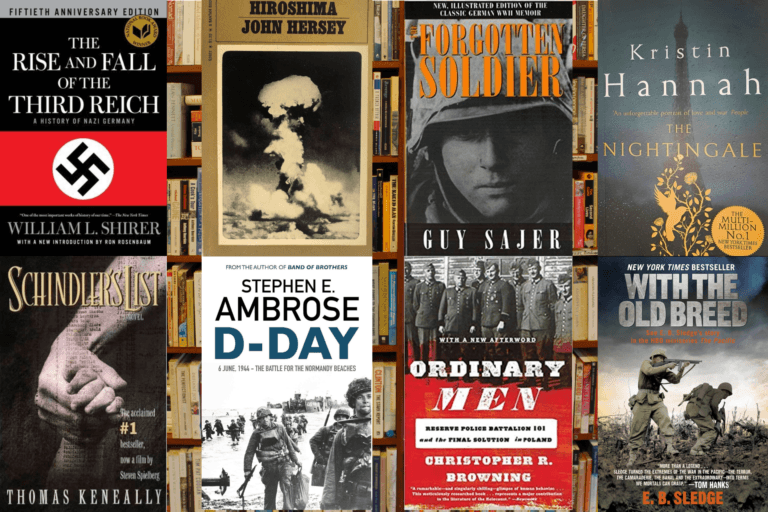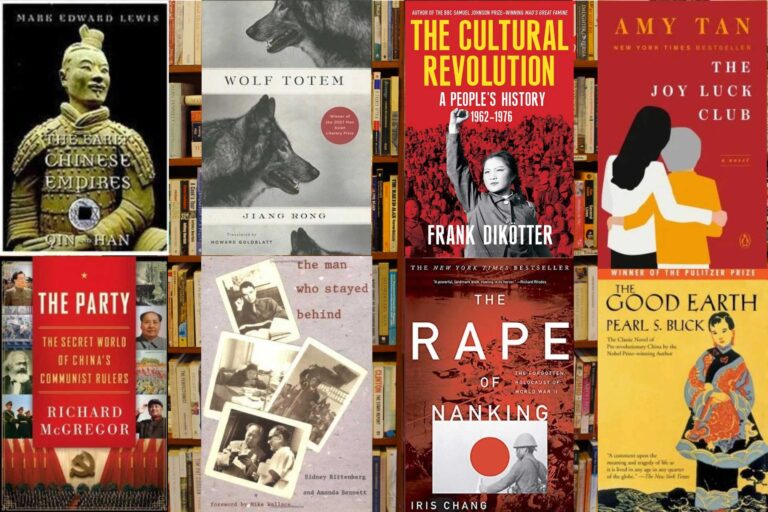𝐂𝐡𝐢𝐚𝐧𝐠 𝐊𝐚𝐢-𝐬𝐡𝐞𝐤 𝐚𝐧𝐝 𝐂𝐡𝐢𝐧𝐚’𝐬 𝐖𝐚𝐫 𝐄𝐟𝐟𝐨𝐫𝐭 – 𝐓𝐡𝐞 𝐅𝐨𝐫𝐠𝐨𝐭𝐭𝐞𝐧 𝐅𝐫𝐨𝐧𝐭 [VIDEO]
𝐂𝐡𝐢𝐚𝐧𝐠 𝐊𝐚𝐢-𝐬𝐡𝐞𝐤 𝐚𝐧𝐝 𝐂𝐡𝐢𝐧𝐚’𝐬 𝐖𝐚𝐫 𝐄𝐟𝐟𝐨𝐫𝐭 – 𝐓𝐡𝐞 𝐅𝐨𝐫𝐠𝐨𝐭𝐭𝐞𝐧 𝐅𝐫𝐨𝐧𝐭
VIEW FULL YOUTUBE PLAYLIST: History in 60: WWII Edition
View Full History in 60: WWII Edition Video Archive
Transcript:
In 1937, years before World War II officially began, China was already at war. Japan launched a brutal invasion, starting the Second Sino-Japanese War, a conflict that would claim over 20 million Chinese lives. Leading the fight was Chiang Kai-shek, head of the Chinese Nationalist government.
Chiang’s forces, vastly outgunned, waged a grueling defensive war, from the devastating Battle of Shanghai to the harrowing Rape of Nanjing, where Japanese forces committed unspeakable atrocities. With limited resources, Chiang relied on guerrilla warfare, scorched earth tactics, and an uneasy alliance with Mao Zedong’s Communists to resist the invaders. His government was forced to retreat deep into China’s interior, setting up a wartime capital in Chongqing, where they endured relentless Japanese bombing campaigns.
Even after Pearl Harbor, China remained a major Allied power, tying down over half a million Japanese troops, preventing them from reinforcing the Pacific. The U.S. supported China with the Flying Tigers, an elite squadron of American pilots who defended Chinese skies, and by sending military aid via the treacherous Burma Road supply route. Despite this, Chiang often clashed with Allied leaders, who doubted his military strategy and saw him as an unreliable partner.
Despite deep internal divisions, China’s resistance played a crucial role in Japan’s eventual defeat—yet its sacrifices remain one of the war’s most overlooked stories. After the war, tensions between Chiang and Mao escalated into a full-blown civil war, ultimately leading to Chiang’s retreat to Taiwan, where he established the Republic of China in exile.

![𝐂𝐡𝐢𝐚𝐧𝐠 𝐊𝐚𝐢-𝐬𝐡𝐞𝐤 𝐚𝐧𝐝 𝐂𝐡𝐢𝐧𝐚’𝐬 𝐖𝐚𝐫 𝐄𝐟𝐟𝐨𝐫𝐭 – 𝐓𝐡𝐞 𝐅𝐨𝐫𝐠𝐨𝐭𝐭𝐞𝐧 𝐅𝐫𝐨𝐧𝐭 [VIDEO]](https://historychronicler.com/wp-content/uploads/2025/02/Screenshot-2025-02-19-at-8.42.39 AM.jpg)



![[Video] Female Resistance Fighters of WW2 Part 1](https://historychronicler.com/wp-content/uploads/2025/04/Screenshot-2025-04-05-at-12.11.15 PM.png)
![[VIDEO] How Fur Farms, World War II, and a Bomb Created Germany’s Raccoon Invasion](https://historychronicler.com/wp-content/uploads/2025/07/Screenshot-2025-07-07-at-1.57.45 PM-768x512.jpg)
![[Video] Fascinating World War 2 History Facts](https://historychronicler.com/wp-content/uploads/2025/04/Screenshot-2025-04-11-at-7.17.46 PM.jpg)